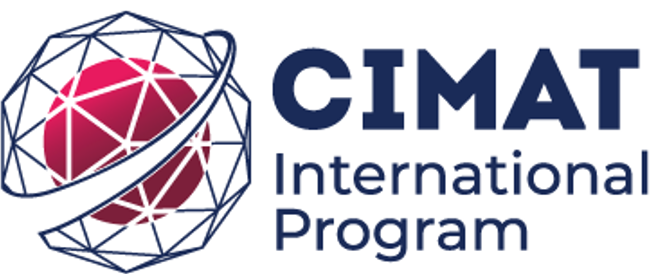| COURSE DESCRIPTION |
|
This course is about different aspects of linear algebra with emphasis on its applications. Linear algebra unifies the study of linear equations with the geometry of lines and planes. It has great theoretical significance in mathematics and rich applications. The course will start with real-life problems modeled with linear equations, which we will represent using matrices and vectors. Later on, we will deal with topics such as determinants, vector spaces, eigenvalues, and least-square problems. Although the course is mainly focused on modeling, the students will learn the formality and rigor that form a crucial part of algebra. Practical aspects of the course and applications will be emphasized throughout the course by the use of the computer language Python. Prerequisites The common requirements for the semester in Mathematical Tools for Modeling. |
| COURSE GOALS |
|
On completion of the course, students will be able to:
|
| COURSE CONTENT |
|
1. Uses of linear equations and matrices (4 weeks) Review of linear equations and matrix algebra. Linear equations in economics, chemistry, and engineering. Adjacency matrix of a graph. Invertible matrices. Linear algebra and cryptography. Interpolating polynomials. Matrix factorizations. Determinant and its properties. Determinant and volume. 2. Vector Spaces and linear transformations (4 weeks) Vector spaces and subspaces. Spanning sets and linear independence. Basis and dimension of a vector space. Coordinate systems. Linear transformations. Geometry of linear transformations and computer graphics. Kernel and image of a linear transformation. The dimension theorem. Linear isomorphisms. The matrix of a linear transformation. Change of basis and similarity. 3. Inner product (3 weeks) Inner product and length. Orthogonality. Projections. Applications to machine learning. The Gram-Schmidt process. Least-squares solutions. 4. Eigenvalues and canonical forms (3 weeks) Review of complex numbers. Eigenvalues and eigenvectors of a matrix. The characteristic equation. Diagonalization of symmetric matrices and the spectral theorem. The Page Rank algorithm. Markov chains. Bibliography
Support Sessions 2 hours per week with a teaching assistant Grading Midterm exam (25%), final exam (35%), quizzes (15%), homework (10%), a simulation project to be submitted/presented by the end of the course (15%) |


